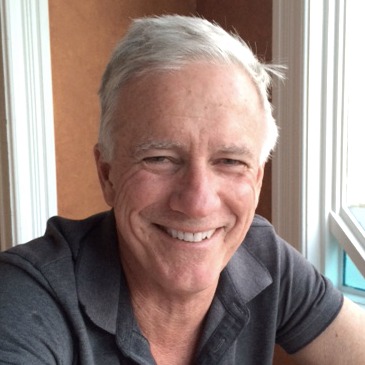William Faulkner famously said, “The past is never dead. It isn’t even past.” And Paul Staley heartily agrees.
Shakespeare’s Lady Macbeth, to get her husband to stop moping and get on with things, tells him “What’s done cannot be undone.”
But is the past ever really over? Her advice may be technically true, but we don’t act that way.
We are never done with the past. We are always tinkering with it. There is so much of it that we have to curate it like a museum collection, moving some events into storage while others are on full display. As the recent controversies over statues and school names indicate, there will always be revisions to the list of who gets honored and who gets tossed.
We ask the past to do things it doesn’t do well, like predict the future. After all, the raw material for any forecast about what will happen is usually the record of what has already happened.
